25 classic British foods that foreigners find gross
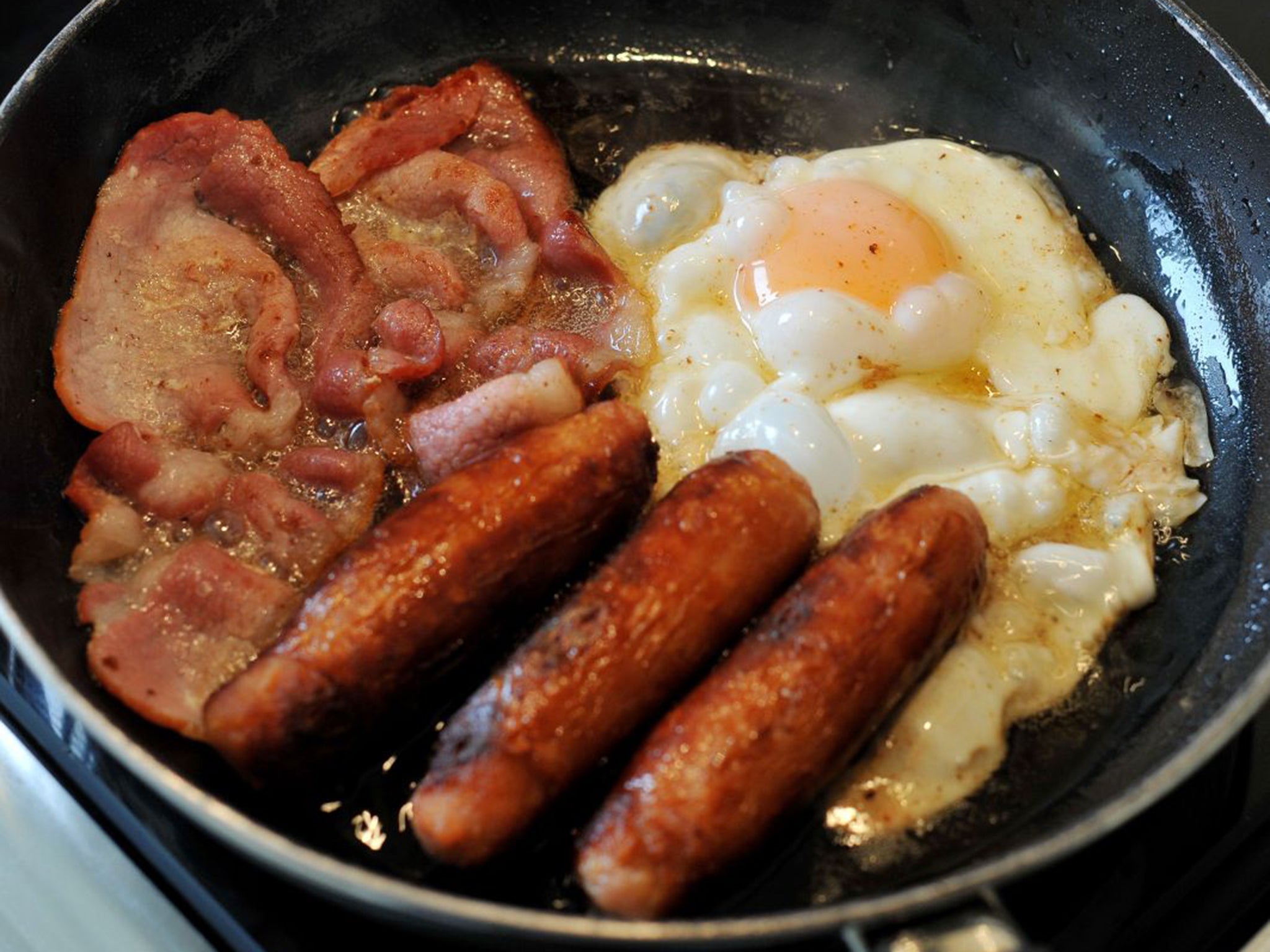
Many countries have special delicacies that anyone who isn't a local might find disgusting.
The UK is no exception, with a number of national dishes that are unappealing to the rest of the world.
We've compiled a list of iconic British foods — made out of everything from sheep innards to sea snails — that most people outside of the UK would probably find gross.
Here are 25 classically British meals that many people would avoid:
Haggis — Scotland's national dish — is made by mixing sheep's pluck (heart, liver, and lungs) with oatmeal, onion, and seasoning. Though haggis has traditionally been cooked in the animal's stomach, it's usually made in sausage casing today.
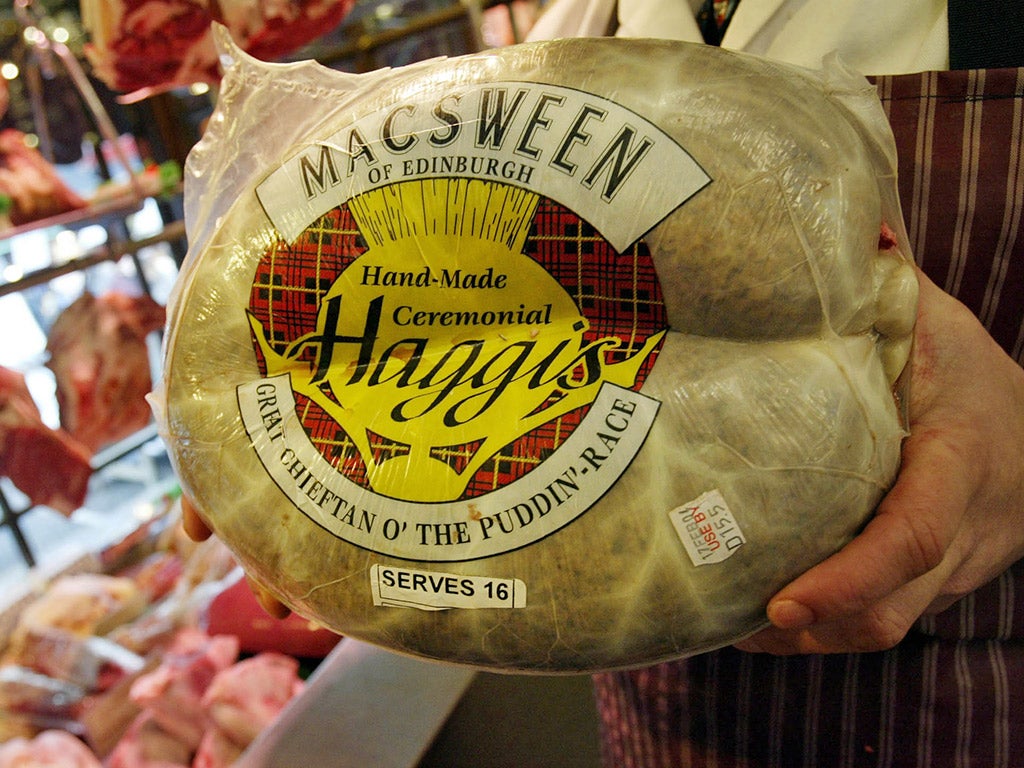
Jellied eels are a favourite of cockney Londoners, but the dish is far less popular outside of the UK.
Stargazy pie is a Cornish meal made with baked pilchards, eggs, and potatoes, and finished with a pastry top. It was named for the way the fish poke their heads out of the crust.
Black pudding, a blood sausage that's popular in the UK and Ireland, is the perfect accompaniment to a full English breakfast or baked on its own with toast. Though many people find it unappealing.
Similar to black pudding, white pudding is a sausage made using pork fat instead of blood. Though it's served in the UK and Ireland, it's rarely eaten elsewhere.
Baked beans on toast is a classic British dish, though many people outside of the UK would avoid it.
Liquor, a sauce made with parsley and vinegar, is the classic accompaniment to pie and mash (a meat pie with mashed potato). Pie and mash shops originated in East London in the 19th century, and are still popular today.
Kippers and other smoked fish like bloaters (cold-smoked herring) are usually served with brown bread and a lemon wedge for breakfast.
No British Christmas is complete without Christmas pudding, a dessert made from fried fruit, nuts, suet, and lots of brandy that's often set on fire right before serving.
Dripping is the fat rendered from roasting a joint of beef or pork, and can be used as a substitute for oil in cooking or served straight up on toast. Mucky dripping, which also includes whatever is left in the bottom of the roasting pan, is a variant from Yorkshire.
Offal — the organs of an animal — features in many classic British dishes, like steak and kidney pudding, which is made with diced beef, lamb's or pig's kidneys, and suet pastry.
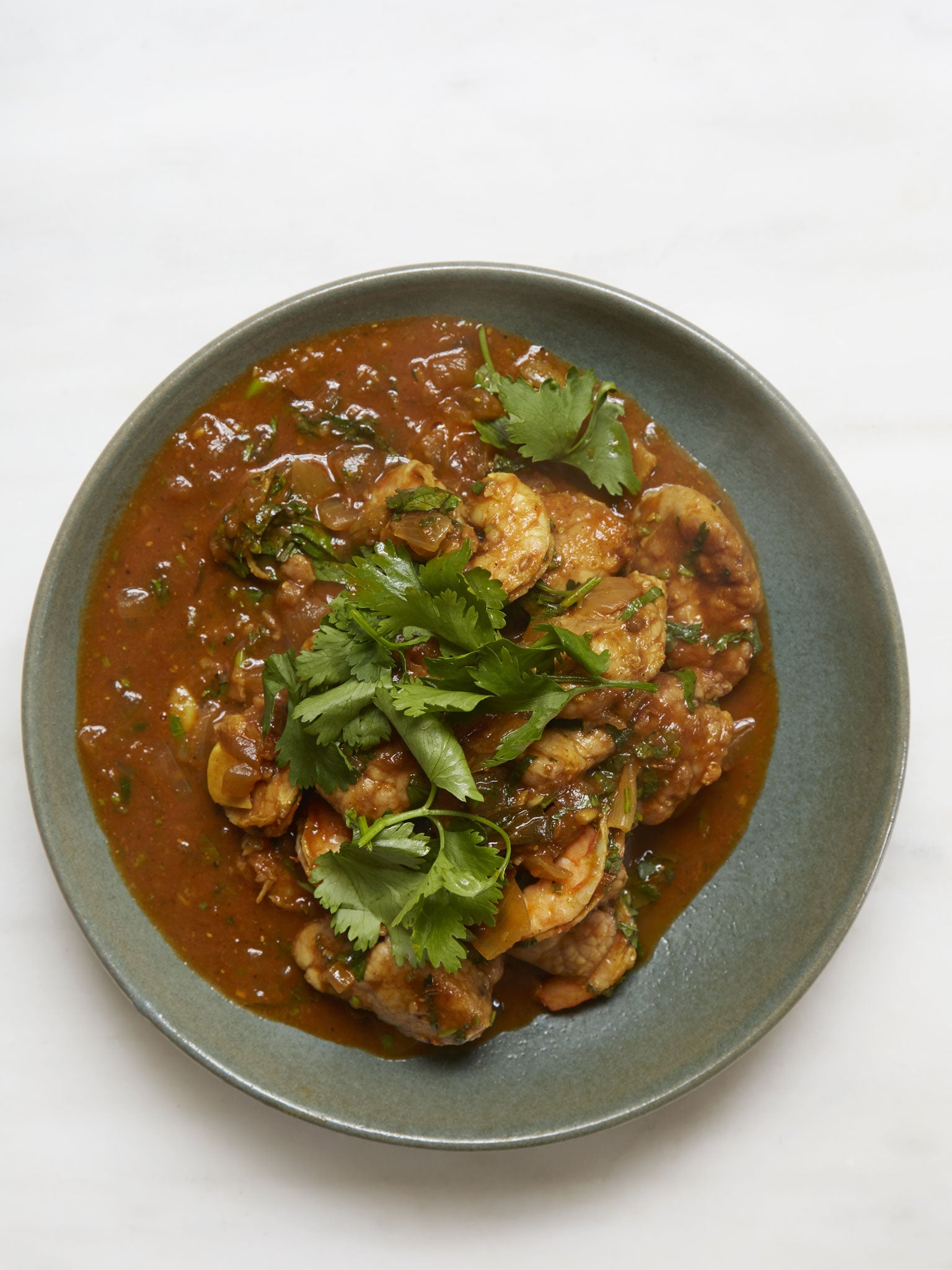
Mushy peas — marrowfat peas which have been soaked overnight then boiled with sugar and salt to form a green mush — is a side dish traditionally served with fish and chips. If you don't mind eating offal, mushy peas also go well with steak and kidney pudding.
Potted shrimps — brown shrimps preserved in nutmeg-flavoured butter and stored in a glass jar — can be found on menus at some of the UK's best restaurants. It's typically served with wholemeal toast.
Brits have a love/hate relationship with Marmite, a salty paste made from brewers' yeast extract that's usually spread on toast.
Mince pies, made with “mincemeat” (a mix of dried fruit, peel, and suet) and shortcrust pastry, may be a Christmas staple, but those outside of the UK often don't like the sound of them.
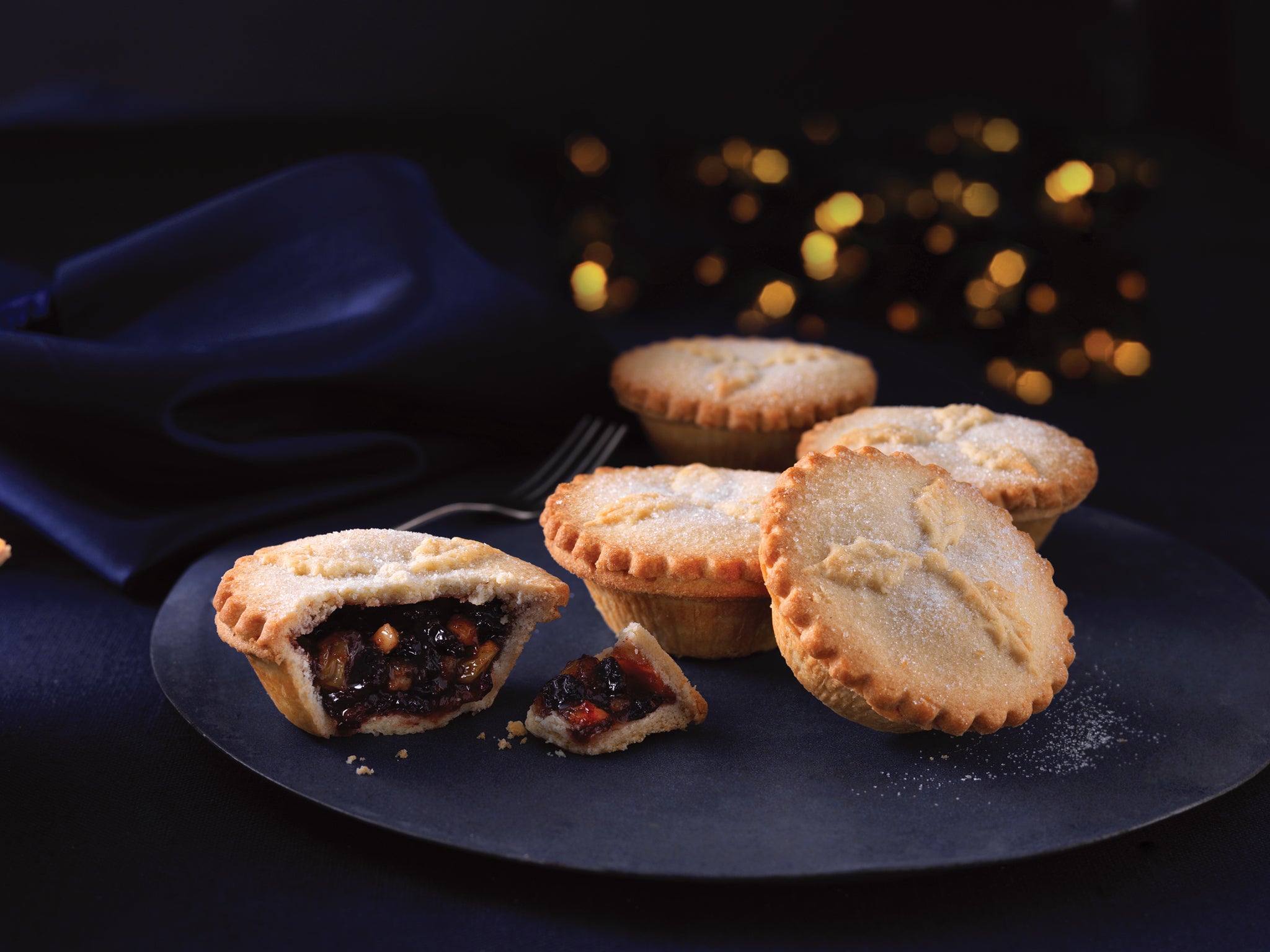
Brits have been adding brown sauce to bacon sandwiches and breakfasts for centuries. It is made with malt vinegar, tomatoes, dates, tamarind extract, and spices.
Toad in the hole consists of sausages baked into a Yorkshire pudding batter. Though it may not sound (or look) particularly appetising, it's delicious — especially when served with plenty of gravy.
Spotted Dick, a sponge pudding made with suet and dried fruit and served with custard, is a nostalgic treat for most Brits as it can usually be found as part of a school dinner.
Periwinkles, small edible sea snails, aren't for everyone. But they're a popular snack in British coastal towns, where they're more commonly known as winkles.
Pork pies are ideal for picnics and pub snacks, but are an acquired taste for non-Brits. Roughly-chopped pork is coated in pork jelly before being wrapped in a hot water crust pastry and baked
Laverbread is a Welsh delicacy made from edible seaweed that has been boiled for several hours before being minced and puréed.
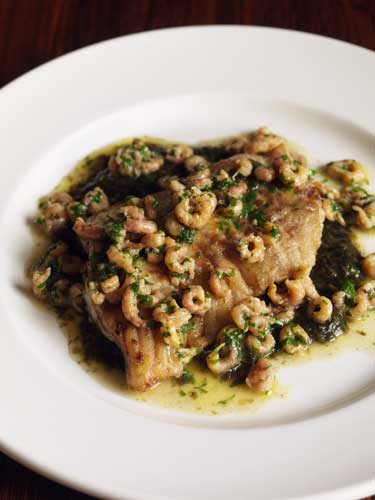
Meatballs made out of meat off-cuts and offal (usually pork) served with onions and gravy don't sound appealing, but many Brits think they're delicious.
Scotch Eggs may look unusual, but they are a signature snack in most British pubs. A hard-boiled egg is encased in sausage meat before the whole thing is rolled in breadcrumbs and baked or deep-fried.
Kedgeree is descended from Kichari, a traditional Indian dish that mixes rice and vegetables. The British version features smoked fish like mackerel, boiled eggs, peas, and herbs.
You can find variations of pease pudding — lentils or split peas that have been boiled down and puréed — is a traditional British dish, but for many people it can be hard to stomach.
Read more:
• This chart is easy to interpret: It says we're screwed
• How Uber became the world's most valuable startup
• These 4 things could trigger the next crisis in Europe
Read the original article on Business Insider UK. © 2016. Follow Business Insider UK on Twitter.
Join our commenting forum
Join thought-provoking conversations, follow other Independent readers and see their replies
Comments